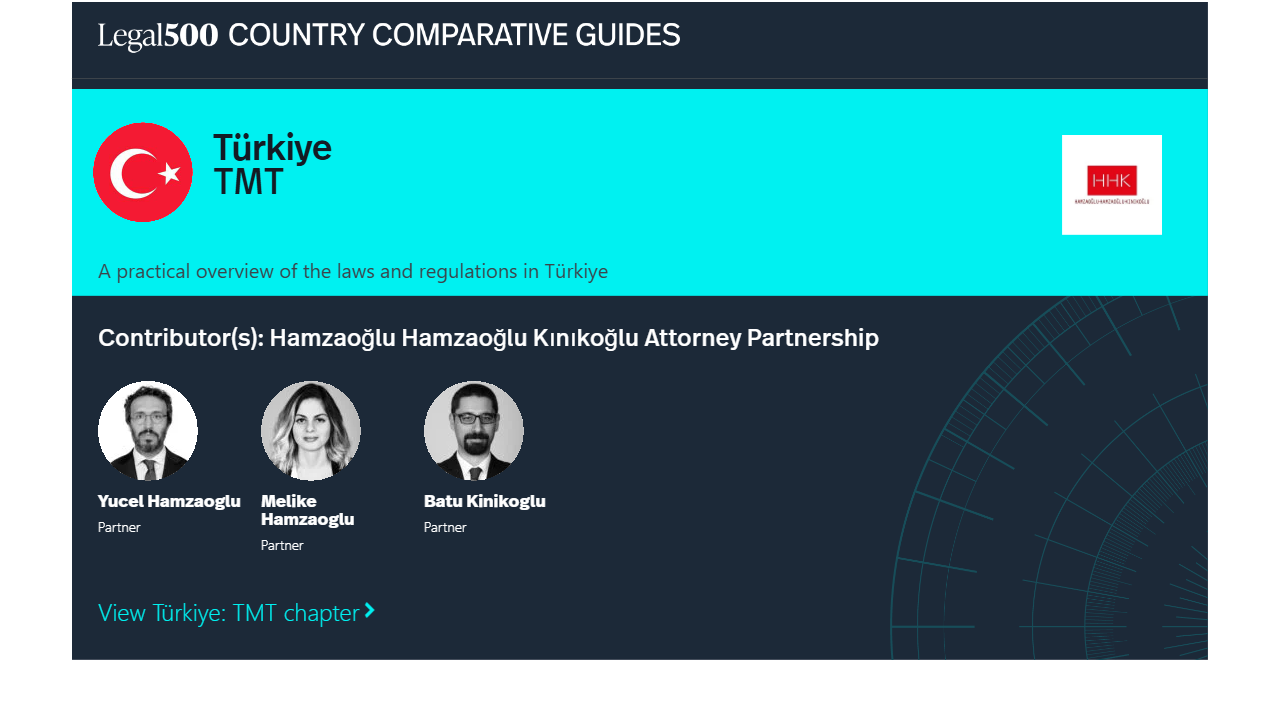Facebook Sued in U.S. Federal Court for Alleged Anticompetitive Conduct
The Federal Trade Commission (“FTC”) initiated two antitrust cases against Facebook on 9 December 2020. Facebook has been accused of “abusing its dominance in the digital market, monopolization and engaging in anti-competitive behavior”. The FTC’s complaint alleges that Facebook has for many years been unlawfully stifling competition and strengthening its monopoly. Facebook’s unlawful practices include acquisitions of two major competitive threats (Instagram and WhatsApp) and practices relating to application programming interface (“API”) access that deter and hinder competition, and contribute to the maintenance of Facebook’s personal social networking monopoly. The complaint alleges that Facebook has engaged in a systematic strategy (including its 2012 acquisition of up-and-coming rival Instagram, its 2014 acquisition of the mobile messaging app WhatsApp, and the imposition of anti-competitive conditions on software developers) to eliminate threats to its monopoly. It was stated that Facebook initially tried to compete with the mentioned applications but Facebook ultimately chose to buy them rather than compete with them. Facebook’s acquisition of WhatsApp allegedly both neutralizes the prospect that WhatsApp itself might threaten Facebook’s personal social networking monopoly and ensures that any future threat will have a more difficult time gaining scale in mobile messaging. In addition, it was stated that Facebook’s actions are harming consumers by restricting competition and are depriving advertisers of the benefits of competition. The complaint also alleges that Facebook over many years has imposed anticompetitive conditions on third-party software developers. In particular, Facebook allegedly has made key APIs available to third-party applications only on the condition that they refrain from developing competing functionalities, and from connecting with or promoting other social networking services The FTC has requested divestitures of assets, including Instagram and WhatsApp; to prohibit Facebook from imposing anti-competitive conditions on software developers; and to require the company to obtain prior notice and approval for future mergers and acquisitions. The Digital Services Act and Digital Markets Act The European Commission (“Commission”) released a set of draft policies that would force companies to change their business practices. The first draft of the long-awaited Digital Services Act (“DSA”) and Digital Markets Act (“DMA”) legislative package was published by the Commission on 15 December 2020. The DSA will update the EU’s long-passed e-commerce laws. Under the DSA, a range of new, harmonized and EU-wide binding obligations will apply to all digital services that connect consumers to products, services or content, as well as comprehensive protection of users’ fundamental rights online. In addition, the DSA places enhanced controls and new responsibilities on “very large platforms”. Very large platforms (“gatekeepers”) are defined as those with more than 45 million users. The DMA, on the other hand, generally concerns tech giants in Silicon Valley. Aiming to make competition fair, DMA aims to prevent companies such as Amazon and Google from prioritizing their own services and products in recommendations. The law also aims to encourage tech giants to work together with other companies. In addition, technology giants are required to inform legislators if they buy small enterprises or businesses. It is stated that Silicon Valley’s top names such as Amazon, Apple, Facebook and Google may face heavy penalties if they do not change their business practices in line with the new competition rules of the European Union (“EU”). |
Companies that don’t follow the proposed EU content policies could be fined up to 6% of global revenues, and repeat offenders could see their platforms temporarily banned. According to the proposed Law, existing powers to levy antitrust fines of up to 10% of global revenues will be extended to more areas, and in the future offenders could be forced to sell parts of their business if they continue to break the rules.




